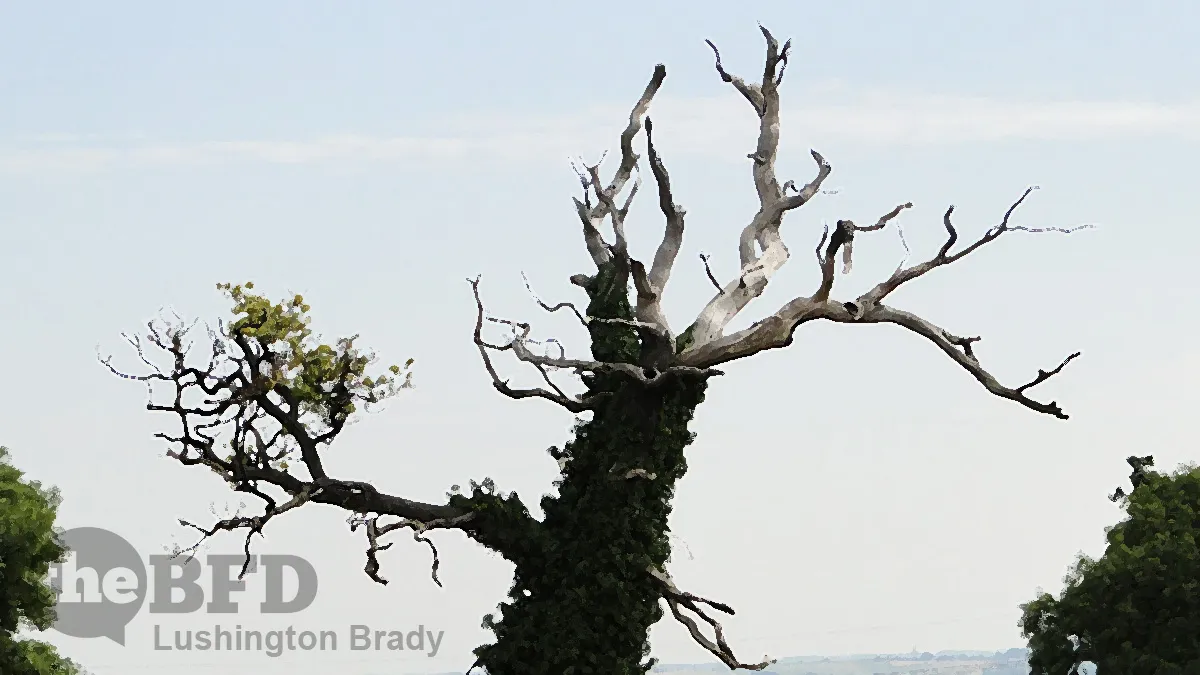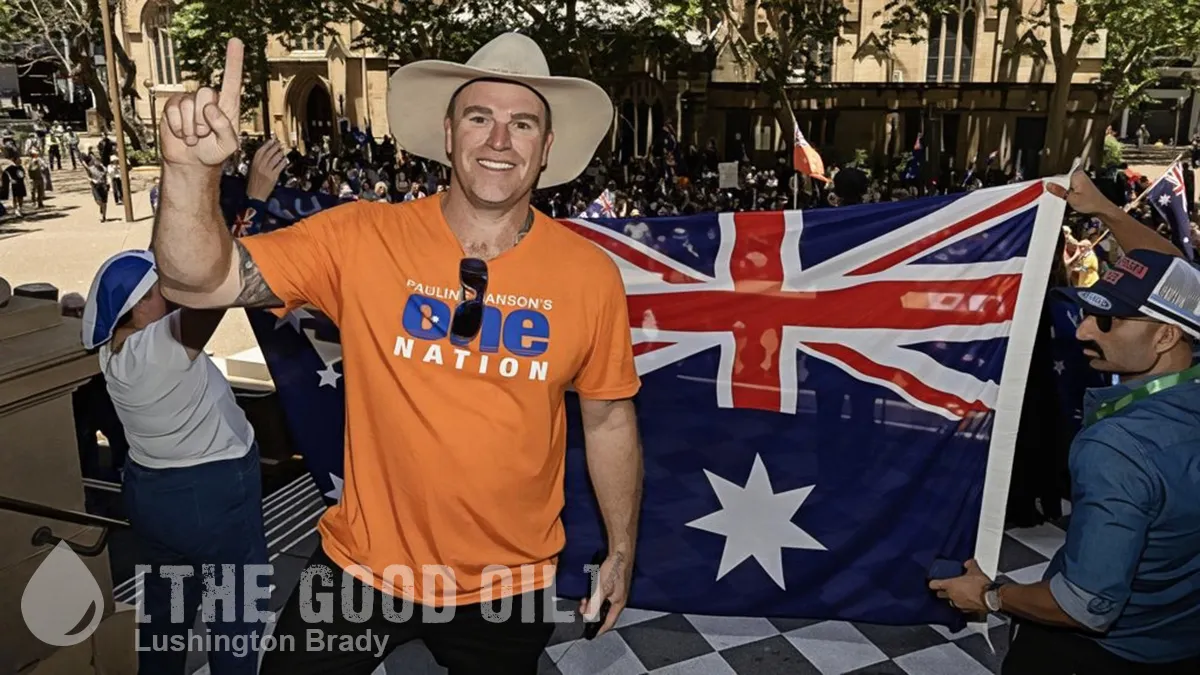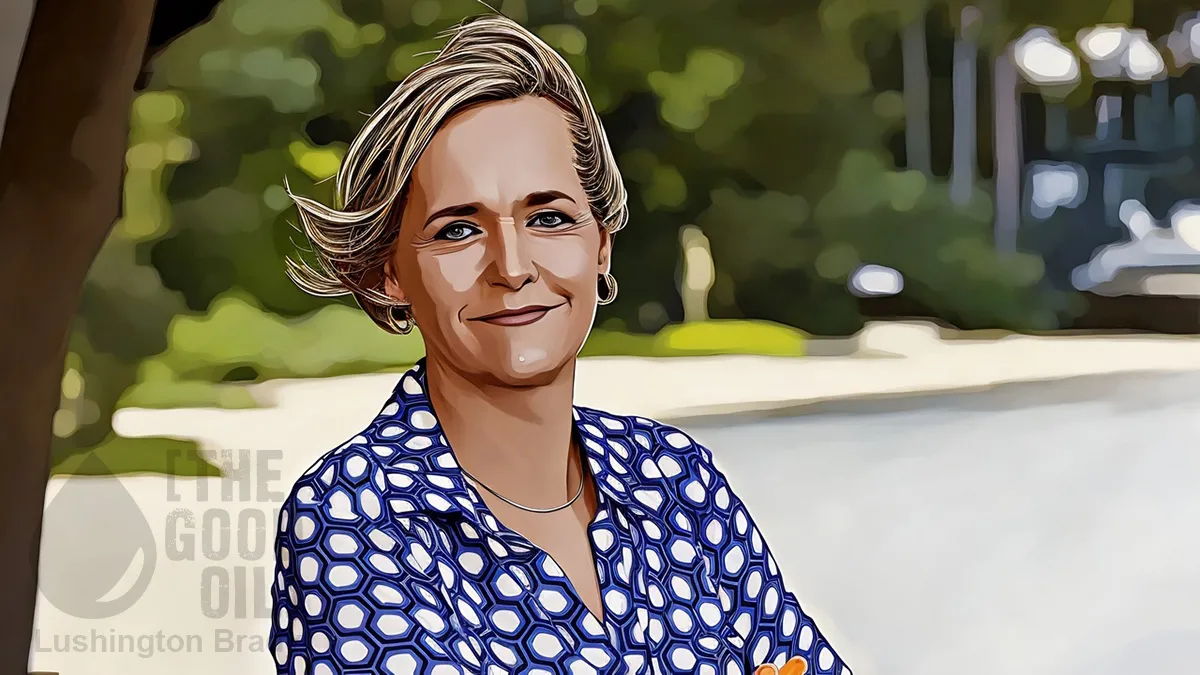Table of Contents
The difference between “freedom to” and “freedom from” may seem trivial and academic. To use its technical term, “Positive Freedom” (freedom to) may sound benign, compared to “Negative Freedom” (freedom from).
In fact, the difference is critical, and it’s regimes which promulgate “Positive Freedom” which have been more responsible for oppression, authoritarianism and tyranny. Because, when the state gets to define what its citizens are allowed to say, inevitably the stranglehold of the state grows ever-tighter.
On the other hand, when a government is clearly told what it is not allowed to stop its citizens from saying — therein lies the path to liberty.
Australia is a state of “freedom to” — and what the government allows us to say is growing more constricted by the day. Even under a so-called “Liberal” government.
As much as I fear the diminution of religious liberty, the conservative lawyer in me is very uncomfortable with codifying rights because right now we have the freedom to do anything that’s not expressly prohibited rather than only the freedom that the parliament has allowed us. That’s the issue with the Andrews government’s draconian new pandemic legislation, and the argument against a constitutional bill of rights.
The root of the problem in Australia is its plethora of anti-discrimination laws. In their own right, anti-discrimination laws are not a bad thing. The problem is that, like a once-admirable briar rose, they have been allowed to proliferate without restraint, until they are choking the whole garden of public discourse.
As envisaged, anti-discrimination law was designed to be a shield protecting the right of minority individuals to be treated exactly the same as everyone else.
The Australian
But, if that was the intent, it’s certainly not how they work in practise, now. Most especially because “discrimination” has been increasingly defined. Rather than being something that someone does, “discrimination” has been re-defined to include, not just what people say, but even what they think.
Instead, certain minorities have been granted a massive brickbat to bludgeon everyone else into silence and compliance. For instance, during the same-sex marriage debate, “anti-discrimination” laws were used to silence any disagreement, as so-called “hate speech”. Academics, journalists and even private citizens cannot publicly aver that sex and gender are the same thing, and an unchangeable biological reality. Women are no longer even allowed to refer to themselves as “mothers” who “breastfeed”.
When the Coalition came to power in 2013, under Tony Abbott, it did so with a clear electoral platform to hack away the legislative weeds strangling free speech. Namely, by striking down the notorious “Section 18C”, which makes it illegal to “offend, insult, humiliate or intimidate” protected groups. That would, of course, still have left the even-worse excess of state laws, but it would have been a start.
Abbott, sadly, baulked at the chance to act. So, too, have his successors, Malcolm Turnbull and Scott Morrison.
It was Turnbull who first promised legislation to protect religious freedom, as religious leaders recognised the clear threat to freedom of expression contained within the same-sex marriage bill and its associated legislative changes. But Australians, religious or not, are increasingly finding that what the government will grant them freedom to say is becoming more and more restricted by the day.
Instead of clearing the choking weeds of “anti-discrimination” laws, Morrison is throwing on another briar and calling it a garland.
Please share this article so that others can discover The BFD









